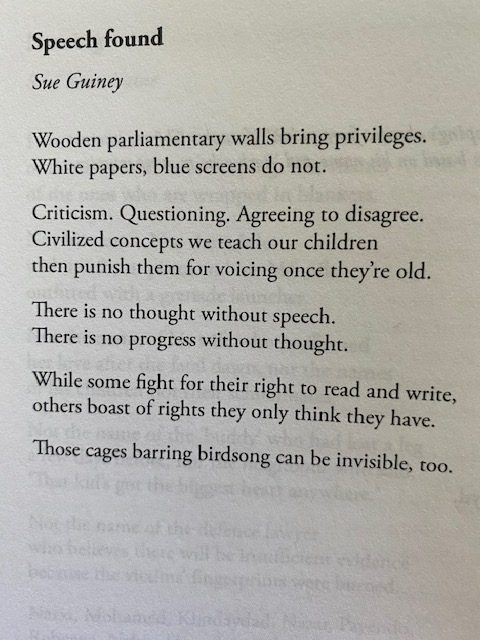
I voted this past week. It has never felt quite so monumental. But voting has always felt like an important event to me, whether I’ve done it inside an automated booth in a big US city, or a small council hall in the UK. Whether I’ve pulled a lever or held a #2 pencil, it has always felt like a humbling and sacred act. I thank my parents and grandparents for instilling in me this sense of serious responsibility. Even today, my 90-year-old mother is determined not to let anything stand in the way of her voting. She knows, just as my immigrant grandparents knew, that what we call the right to vote, is not only a right, but a gift and a privilege.
Since the first time I was old enough to voice my own choice in an election, I have had another privilege bestowed on me – the privilege of visiting and teaching children and adults living in countries where the ability to vote is either offered just with a nod and a wink, or where it isn’t even allowed at all. In one of our Writing Through workshops on the theme of change, we show a prompt of a young man voting, and we ask why are we showing you this? We don’t discuss specific politics, but we discuss the opportunity for change that voting provides, and therefore, its direct implications for our own lives. Voting is as much an exercise in discovering and expressing our own voices as is any artistic act.
Several years ago I wrote this poem as a response to certain curtailments of freedom of speech we were witnessing in the UK. I was honored to have the poem included in the anthology called In Protest: 150 Poems for Human Rights. That publication has led to conversations with students from around the world who have sought me out to discuss its meaning. My own recent act of voting made me think about this poem once again, and although the impetus for writing it was different from the civic act I have recently exercised, it still feels relevant.


I had a history teacher who instilled in me the necessity to vote, even if there was little to inspire you in the available candidates. I think, from memory, over 30% of elegible voters did not vote in the last UK general election. It would be interesting to know how many countries in this day and age, that we consider to be enlightened, still do not have free and fair elections. And how many of us take that for granted.